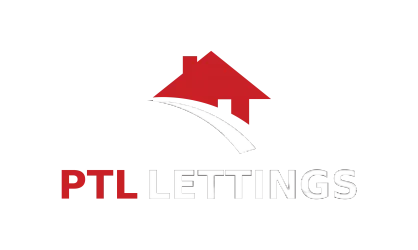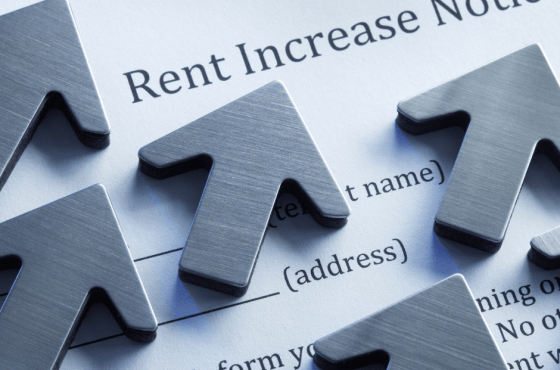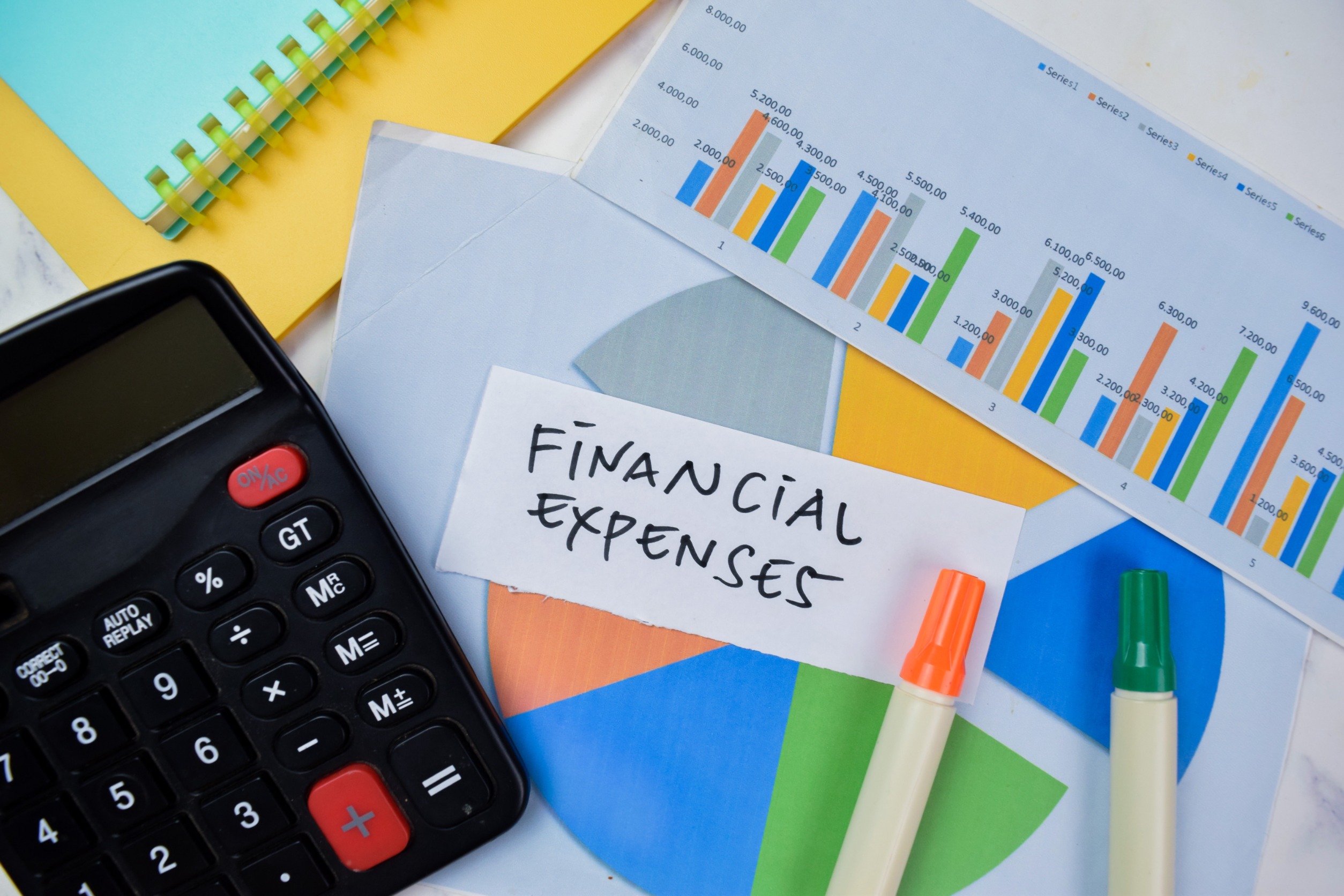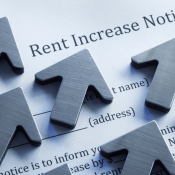property management
- Home
- Posts tagged"property management"
PTL Lettings
05 Feb 26
The Complete Guide to Rent Increases in 2026: What UK Landlords Need to Know
Rent increases are one of the most searched property management topics heading into 2026, and
PTL Lettings
12 Jun 25
Creating a Welcoming Rental Home: Small Touches That Make a Big Difference
When it comes to letting your property in Peterborough, it’s not just location and layout
PTL Lettings
06 Feb 25
Handling Mid-Tenancy Maintenance Requests: A Landlord’s Guide
Handling mid-tenancy maintenance requests is an inevitable part of being a landlord. From a dripping
PTL Lettings
19 Dec 24
7 Common Mistakes Made When Self-Managing a Rental Property
Self-managing a rental property in Peterborough can be a challenging task for landlords, especially if
PTL Lettings
12 Dec 24
Letting Your property in Winter: Landlord Considerations
Letting a property in winter can be a unique experience, especially for landlords in Peterborough.
PTL Lettings
05 Dec 24
Are Property Inventories Important? 10 Reasons Why You Need One!
Inventories might seem like just another checklist when it comes to renting in Peterborough, but they
PTL Lettings
17 Oct 24
Maintenance Tips for Landlords: Don’t Neglect Property Repairs
Owning a rental property in Peterborough comes with its own set of responsibilities, and one
PTL Lettings
10 Oct 24
A Guide To Landlord Allowable Expenses: Maximizing Returns
As a landlord in Peterborough, navigating the world of taxes can be a daunting task.
PTL Lettings
15 Aug 24
4 Things To Know About Landlord Insurance
Are you thinking about investing in landlord insurance? Unsure about things you should know about
PTL Lettings
08 Aug 24
How to Handle a Nuisance Tenant
Whether it’s noise complaints from the neighbours or something more serious like always paying rent
Recent Posts
All Categories
Tags
2026
advice for landlords
assured tenancy agreement
AST
attract tenants
best tenants
buy-to-let
checklist
christmas tenancies
December
Diamond
festive tips for renters
garden
hybrid working
kerb appeal
landlords
legionaires disease
legionella
Letting
lettings
Luxury
Luxury Living
maintenance
marketing
new year rentals
noise complaints
pest control
preparing a rental property
property inventories
property maintenance
property management
remote working
rental
rental property
rentals
renters' rights act 2026
rent increases
renting
renting to tenants with pets
tenancy agreement
tenancy deposit
tenants
void periods
winter rentals
work from home














